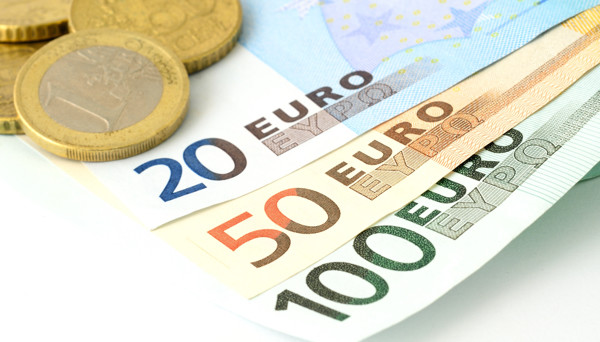
Frankfurt am Main, Germany | AFP |
The United States’ new hostility to free trade deals under President Donald Trump is benefiting the European Union, the bloc’s top trade official said Tuesday.
After Trump’s withdrawal from the Trans-Pacific Partnership trade deal in late January, “many countries are now turning to us, because they believe protectionism is not the right answer,” European Commissioner Cecilia Malmstrom told German business newspaper Handelsblatt.
“We are already negotiating with almost all of them, or preparing conversations” with the countries around the Pacific Rim that had signed up to the US-led treaty, she went on.
Since Trump’s election, the Commission has sped up talks with Mexico, South American trade bloc Mercosur, and Japan, is preparing possible talks with Australia and New Zealand, and has a completed deal with Vietnam on the table, Malmstrom noted.
“We have a well-stocked pipeline,” she said.
The trade chief also warned Trump against levying harsh tariffs on imported goods as he seeks to implement his “America first” campaign pledge.
“President Trump promised in the election to do something, and of course he wants to fulfil this promise,” Malmstrom said.
But “there’s a risk of worldwide retaliatory measures, and that would be very bad for our economies and our citizens,” she added.
“If things really go that far, there will be no winners.”
As among the American public, growing distrust of trade deals has made itself felt in Europe.
EU officials only just managed to get the CETA trade deal with Canada approved by the bloc’s parliaments in October, after last-minute horse-trading with the Belgian region of Wallonia.
And there has been European resistance, including mass demonstrations, against a similar US-EU deal known as TTIP — an agreement now less likely to be realised with Trump in the White House.
“Some states didn’t do enough to catch the losers” from globalisation, Malmstrom acknowledged.
“Things are changing very quickly,” she went on. “If politicians then come along with simple black-and-white solutions, that falls on fertile ground.”
But the EU can soothe citizens’ fears about globalisation by “striking good deals that bring growth and jobs and serve our values,” Malmstrom insisted.
One way of creating more support for trade deals could be “demystifying” them by making negotiators’ mandates public, she suggested.
“These are not dangerous secret treaties, but very technical and largely extremely boring waltzes,” Malmstrom said.
 The Independent Uganda: You get the Truth we Pay the Price
The Independent Uganda: You get the Truth we Pay the Price



